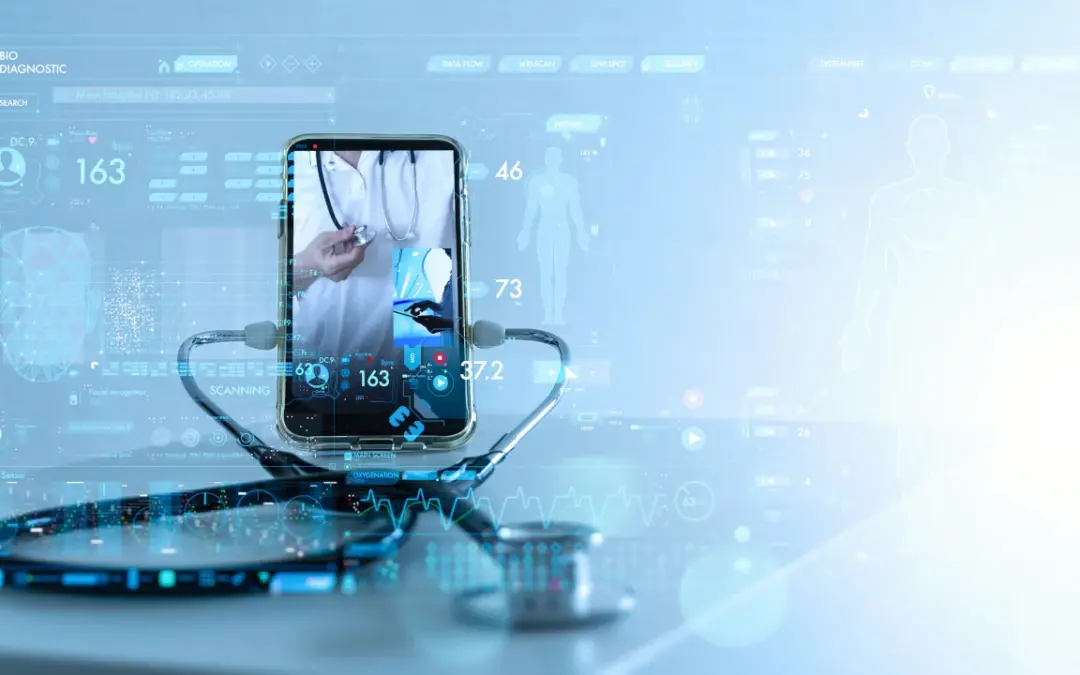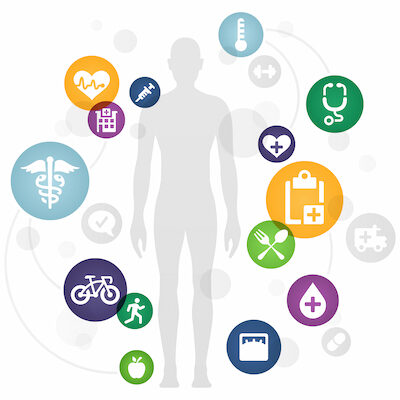Advancing Clinical Research with Digital Health Technologies and Remote Monitoring
Table of Contents
Introduction
Clinical research is the backbone of medical progress, driving innovation in healthcare and ultimately improving patient outcomes. In recent years, digital health technologies and remote monitoring have emerged as powerful tools that are transforming the landscape of clinical research. These technologies enable researchers to gather data more efficiently, enhance patient engagement, and increase the accuracy of clinical trials. In this blog, we will explore the role of digital health technologies and remote monitoring in clinical research, their advantages, challenges, and their potential to revolutionize the way we conduct medical studies.
The Digital Revolution in Clinical Research
Digital health technologies and remote monitoring are reshaping clinical research in the following key ways:
- Enhanced Data Collection: Traditional clinical research often relies on intermittent visits to clinical sites, leading to sparse and potentially biased data. Digital health technologies allow for continuous data collection, providing researchers with a more comprehensive view of a patient’s health. Wearable devices, such as smartwatches and biosensors, can track vital signs, activity levels, and even medication adherence in real-time.
- Patient-Centric Approach: Remote monitoring empowers patients to actively participate in clinical trials from the comfort of their homes. This patient-centric approach improves recruitment rates and retention, as it eliminates the burden of frequent clinic visits. Patients are more likely to enroll and stay engaged in studies when they have convenient access to care.
- Real-World Data: Digital health technologies enable the collection of real-world data, which reflects a patient’s daily life and experiences outside of the clinical setting. This type of data provides valuable insights into the long-term effectiveness and safety of treatments, complementing traditional clinical trial data.
- Remote Clinical Trials: The COVID-19 pandemic accelerated the adoption of remote clinical trials, allowing research to continue even when in-person visits were restricted. This model offers the flexibility to recruit participants from diverse geographic locations, leading to more diverse and representative study populations.
Advantages of Digital Health Technologies in Clinical Research
- Increased Efficiency: Digital health technologies streamline data collection and reduce the administrative burden on researchers. Automated data capture minimizes errors and frees up time for researchers to focus on data analysis and interpretation.
- Real-Time Monitoring: Researchers can access real-time data from study participants, enabling the early detection of adverse events or changes in patient conditions. This leads to quicker response times and improved patient safety.
- Cost Savings: Remote monitoring reduces the costs associated with on-site visits, such as travel expenses and personnel costs. Additionally, it minimizes the need for physical infrastructure, making clinical trials more cost-effective.
- Improved Patient Engagement: Patients are more engaged when they can actively participate in their healthcare through wearable devices and mobile apps. This engagement can lead to better adherence to study protocols and more reliable data.
- Enhanced Data Quality: Digital health technologies provide high-quality, standardized data that is less prone to human error. This improves the accuracy and reliability of study results.
Challenges and Considerations
While the integration of digital health technologies and remote monitoring offers numerous benefits to clinical research, there are also challenges and considerations to be aware of:
- Data Privacy and Security: Collecting and transmitting health data electronically raises concerns about privacy and security. Researchers must implement robust data protection measures to safeguard patient information.
- Device Interoperability: Ensuring that various digital devices and platforms can seamlessly communicate and share data is essential for remote monitoring. Lack of interoperability can lead to data fragmentation and inefficiencies.
- Regulatory Compliance: Researchers must navigate regulatory requirements and standards when incorporating digital health technologies into clinical trials. Compliance with guidelines like Good Clinical Practice (GCP) is crucial to ensure the validity of study results.
- Digital Divide: Not all patients have access to the necessary technology or internet connectivity for remote monitoring. This can introduce bias into study populations, excluding individuals from underprivileged backgrounds.
- Patient Training: Adequate training is essential to ensure that patients can effectively use digital health devices and apps. Insufficient training can lead to data inaccuracies and low patient engagement.
The Future of Clinical Research
As digital health technologies and remote monitoring continue to evolve, the future of clinical research holds exciting possibilities:
- Decentralized Trials: Decentralized clinical trials, where most or all data collection is done remotely, will become more common. This approach will reduce the need for physical sites and enable a wider range of participants to engage in research.
- AI and Machine Learning: The integration of artificial intelligence (AI) and machine learning will allow for more sophisticated analysis of the vast amounts of data generated by digital health technologies. This can lead to more personalized treatments and improved predictive modeling.
- Blockchain for Data Security: Blockchain technology has the potential to enhance data security and transparency in clinical research by creating immutable records of data transactions.
- Patient-Reported Outcomes: With the help of mobile apps, patients can report their symptoms and outcomes in real-time. This data can provide valuable insights into the patient experience and treatment efficacy.
- Remote Monitoring Beyond Clinical Trials: Digital health technologies will extend beyond clinical trials, facilitating long-term monitoring of chronic conditions and improving overall healthcare delivery.
Conclusion
Digital health technologies and remote monitoring are revolutionizing clinical research by providing more efficient, patient-centric, and data-rich approaches to studying medical treatments and interventions. While challenges related to data security, interoperability, and patient access remain, the benefits of these technologies far outweigh the drawbacks. As we look ahead, the continued integration of digital tools into clinical research promises to accelerate medical breakthroughs and improve healthcare for individuals around the world. Embracing these technologies is not only a necessity but a pivotal step toward advancing the future of medicine and enhancing patient care.
You may be interested in…




